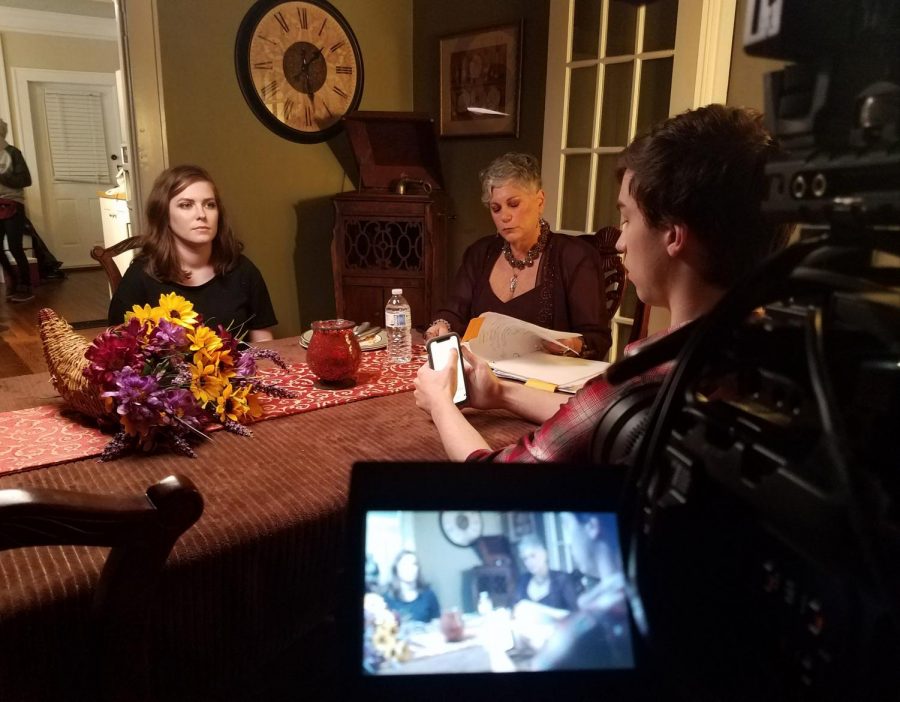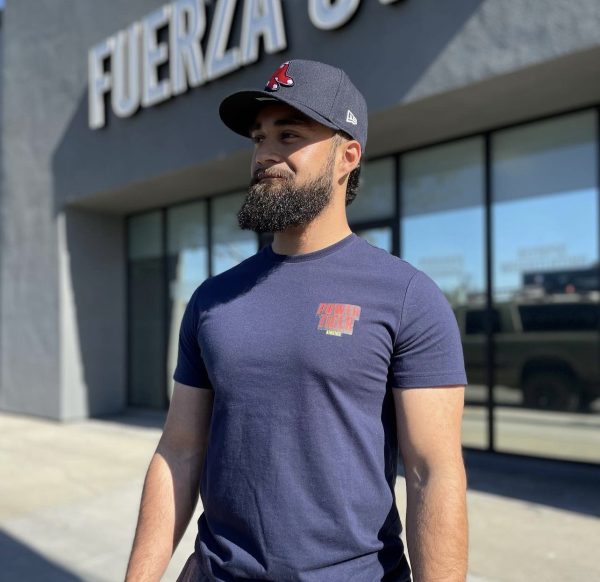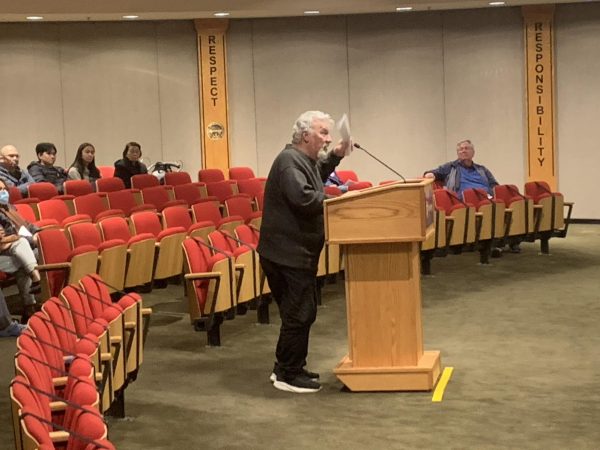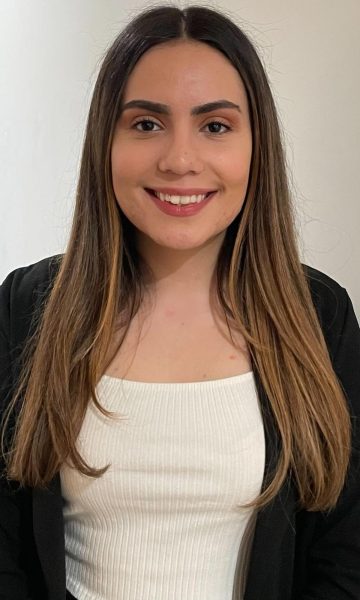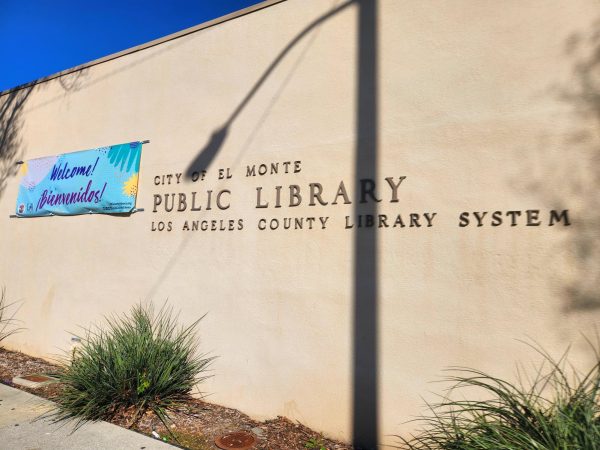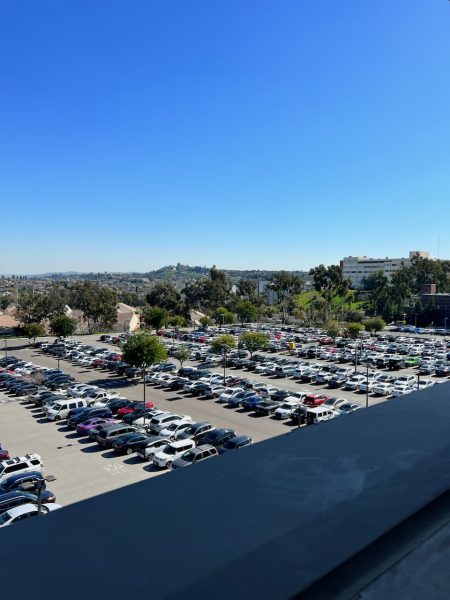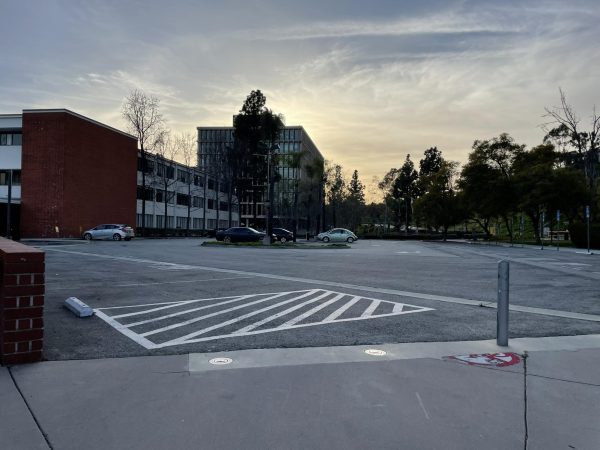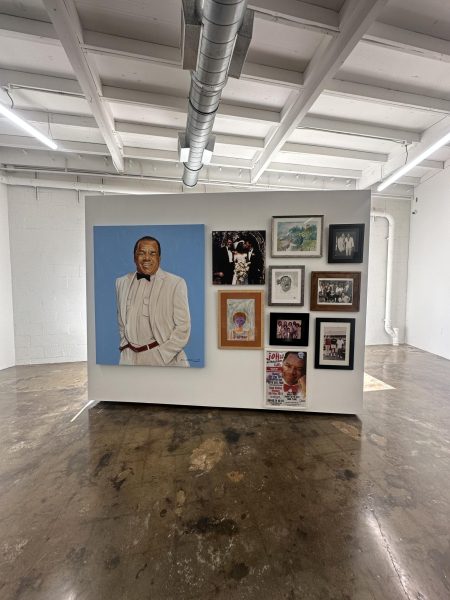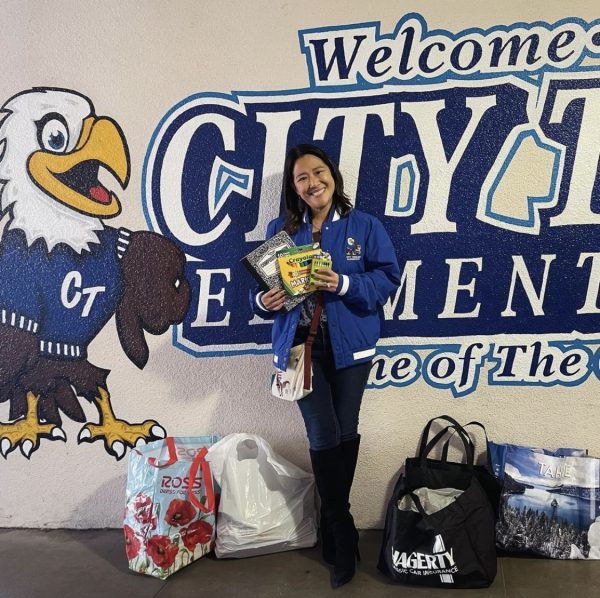Balancing a dream with life’s realities
A filmmaker’s journey
Lesley Elizondo didn’t have much growing up. Her dad died when she was six, so she and her family moved around Los Angeles frequently in search of better living situations.
So when Elizondo revealed to her mom her dream to pursue film-making in college, her mother’s reaction didn’t come as a surprise: “How are you going to make money?”
Elizondo knew that her mom’s question was a valid one and she was good at math, so there was a possibility of a STEM career. But she wanted to follow her heart.
“I always loved film and television: . . . arts, dance and music. I really wanted to be an artist,” said Elizondo, who lived in Bell Gardens during high school. “I really wanted to call myself an artist.”
That’s why she decided to enjoy her classes at Cal State Long Beach so much and refused to think about what could happen after college. She completely blocked out the question of finances and hoped everything would work out.
But when she graduated, she could no longer ignore it. She was faced with the hardships of securing work in the competitive film industry. With no agency and no connections, Elizondo’s uphill battle was underway.
“You’re nobody unless somebody vouches for you. Until then, you’re just trying to . . . hit different moving targets. Until you hit the bullseye, it’s not going to happen,” said Elizondo.
The path to Hollywood can have even more roadblocks for women and people of color.
“Women comprised 21 percent of all directors, writers, executive producers, producers, editors, and cinematographers working on the top 250 films of 2019,” according to a 2019 Center for the Study of Women in Television and Film report, “The Celluloid Ceiling: Behind-the-Scenes Employment of Women on the Top 100, 250, and 500 Films of 2019.” “Women made up 14 percent of directors working on the top 500 films.”
Similarly, Latinx directors are also under-represented: Just 4 percent of 1,200 films examined by a 2019 USC Annenberg Inclusion Initiative report were made by Latinx directors.
While at a desk job, Elizondo received a phone call ushering in the next chapter in her artistic life: She had been accepted to UCLA for grad school.
“As soon as I clicked the phone off, I started bawling, I started crying, because I didn’t know how I was gonna pay for it,” said Elizondo.
She went through with it, understanding the value of higher education, but the decision came with substantial financial costs.
“Now, I’m $65,000 in debt, $20,000 from Cal State and then another $40,000 from UCLA,” she said. “How am I going to pay for it? I don’t know yet, but I’m working it out.”
The culture shift from where she had grown up and Westwood, where UCLA is located, was also substantial. Until her last year in the program, Elizondo was the only Latina in the film school’s graduate production program.
“It makes you question your position and the responsibility you have, because it’s not only to yourself, it’s to a grander community that’s misunderstood, that’s been belittled and made to look like the enemy,” she said.
Fueled with that feeling of responsibility and with a zeal for film-making that has only grown over the years, Elizondo said she is proud to have recently worked on “Enough,” a short documentary that was listed as the Roy W. Dean Grant Summer 2019 Hot Films in the Making. A few years before that, as a graduate student, she directed “Romeo and Julio,” which got some press coverage and was played in a film festival in Chicago. The film is a modern adaptation of the William Shakespeare play, “Romeo and Juliet,” and it follows the love story of Romeo, a white man, and Julio, a Latinx man.
Elizondo, who now teaches at the New York Film Academy in Burbank and the UCLA Extension program, shot and co-directed the documentary with filmmaker Cecilia Albertini.
The film follows a group of night janitors who are survivors of sexual abuse and harassment who work to secure more protections for all janitors.
Albertini said Elizondo is a “really well-rounded filmmaker” whose cinematography, lighting and composition skills are all strong.
“She’s a really great partner in crime,” said Albertini. “She’s really good on the visual side…She’s also really great at creating relationships with our subjects.”
Albertini said Elizondo is also a “really good person.”
“Making a film is almost like a relationship, so you want to be with someone you like,” said Albertini.
Elizondo said she enjoys both narrative and documentary projects but said she really values the planning aspect of narrative filmmaking.
“I miss the plan. I’m a planner. I love coming in with a plan. I like knowing what’s going to happen” as much as possible, she said. That’s not how documentary filmmaking works though, so “that’s when my anxiety raises because. . . I don’t know what” will happen.
“You’re worried about missing an important beat that could possibly make the film,” she added.
Elizondo said she loves her craft, despite the ups and downs.
She said part of what has kept her happy in the industry is resisting comparisons with others: “You start from your own place, they start from their own place, and whether it is by luck or by hard work, all you can be accountable for is your own work.”
Updated March 29 to correct the filmmaker’s age when her father died and the length of one of her films, and to clarify the number of other Latinx students in her graduate program.
Community News reporters are enrolled in JOUR 3910 – University Times. They produce stories about under-covered neighborhoods and small cities on the Eastside and South Los Angeles. Please email feedback, corrections and story tips to [email protected].
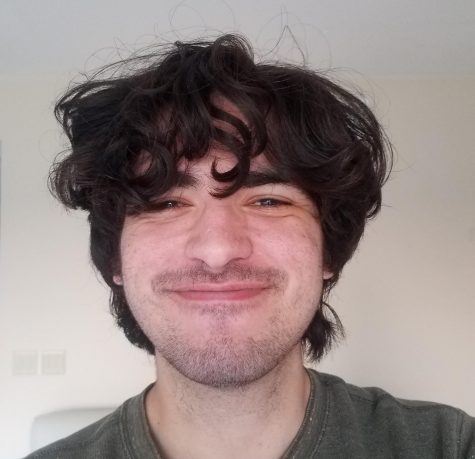
Ethan Axtell is the Copy Editor for the University Times. He has an interest in unconventional and taboo stories and subjects.

